Victoria Carreras
출생 : 1966-04-24, Buenos Aires, Argentina

An exercise of memory about the work of Enrique Carreras, the Argentine director of ninety-five films, which explores the relationship he had with his collaborators, producers and critics, in search of an answer to the question that continues to be asked throughout time—how was he able to shoot almost a hundred films that were box-office successes and a great source of employment? Beyond the sentimental and emotional value of Carreras’ films in the collective imagination, said productions are documents that explain certain processes of social transformation and behavioral patterns, a reflection of different decades, with their own social and political circumstances.

Producer
An exercise of memory about the work of Enrique Carreras, the Argentine director of ninety-five films, which explores the relationship he had with his collaborators, producers and critics, in search of an answer to the question that continues to be asked throughout time—how was he able to shoot almost a hundred films that were box-office successes and a great source of employment? Beyond the sentimental and emotional value of Carreras’ films in the collective imagination, said productions are documents that explain certain processes of social transformation and behavioral patterns, a reflection of different decades, with their own social and political circumstances.

Writer
An exercise of memory about the work of Enrique Carreras, the Argentine director of ninety-five films, which explores the relationship he had with his collaborators, producers and critics, in search of an answer to the question that continues to be asked throughout time—how was he able to shoot almost a hundred films that were box-office successes and a great source of employment? Beyond the sentimental and emotional value of Carreras’ films in the collective imagination, said productions are documents that explain certain processes of social transformation and behavioral patterns, a reflection of different decades, with their own social and political circumstances.

Director
An exercise of memory about the work of Enrique Carreras, the Argentine director of ninety-five films, which explores the relationship he had with his collaborators, producers and critics, in search of an answer to the question that continues to be asked throughout time—how was he able to shoot almost a hundred films that were box-office successes and a great source of employment? Beyond the sentimental and emotional value of Carreras’ films in the collective imagination, said productions are documents that explain certain processes of social transformation and behavioral patterns, a reflection of different decades, with their own social and political circumstances.

Writer

Director

La Vidente
Clara, a psychologist, and her husband Gustavo have been separated since the disappearance of their son, Lucas. A year after Lucas' disappearance, Gustavo finds on Facebook information about a girl, Augustina, who went missing just two days after Lucas. The broken couple go Augustina's parents in an attempt to find clues about their sons disappearance.

Mónica
In a downtown building, old and beautiful, of the turbulent Buenos Aires, stories of men and women who keep secrets behind solid walls are intertwined. For Lucy, it is the secret price for freedom; for the Ukrainian immigrant and the Tucuman teenager, it is a refuge; for Lorenzo, it is debauchery; for Gaby and Mariano, disagreement; for Mónica and Sergio, the promise of new life. The stories are intertwined. No one is the same after opening the door to their most intimate desire

Betina
Iris' quiet and peaceful life begins to change dramatically when she hosts Maia, her friend's daughter. When Iris realizes that Maia is in love with an older woman, she begins to wonder if she herself might be that woman.
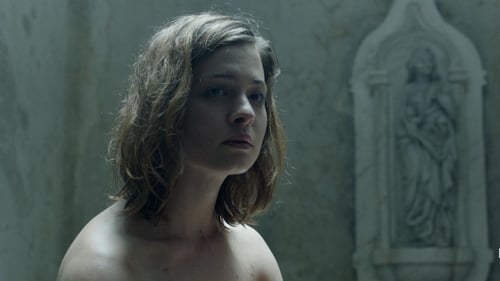
Mother Superior
19세 나탈리아는 죽어가는 아버지께 작별을 고하기 위해 마지 못해 집으로 돌아온다. 하지만, 그녀가 여동생과 친구들을 만난 후, 신비한 식물을 찾아 정글로 떠나기로 마음을 굳힌다.

A touching tribute to a fundamental figure of the Argentine show, which shows “Tita” in the intimacy of the Carreras family and at the same time, on stage in her last show.

Director
A touching tribute to a fundamental figure of the Argentine show, which shows “Tita” in the intimacy of the Carreras family and at the same time, on stage in her last show.

Shortly before his final return to Argentina, Juan Domingo Perón records his memories of living in exile.

Ana
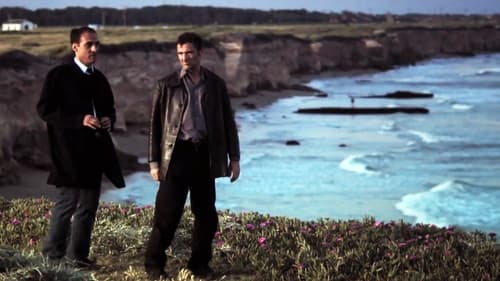
Patricia Carrasco
The host of a folk music radio program risks his life by reporting on clashes between police and guerrillas.

Marta
Franzie is a beautiful lonely woman who hold a secret - she has little time left in her life. Emanuel is a failed writer who just lost his job as an editor for self-help books. Franzie makes an unusual proposal: she will pay Emanuel in exchange for his companionship. Emanuel accepts in order to pay for his pregnant girlfriend. Emanuel mus resist temptation when Franzie reveals her secret.

Alma
Eva and Lola are close friends. While Eva tries to cope with her past creating a fantasy life, Lola does not want to handle with the truth of her real identity. Two friends with different views of the same story.

Helena

By chance, Ramiro witnesses the suicide of a beautiful young woman called Angela. She left her backpack with her artwork and an enigmatic recording message. Ramiro tries to contact Angela's family, but when he goes to her house, he sees her coming out the door alive.
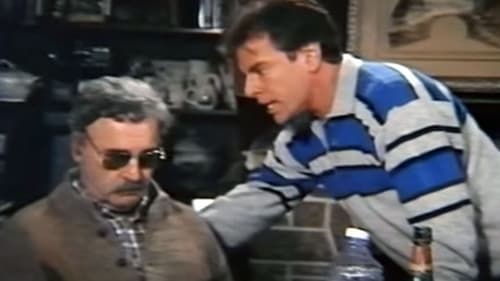
Cristina
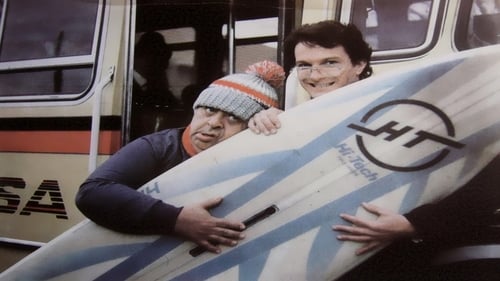
Adriana
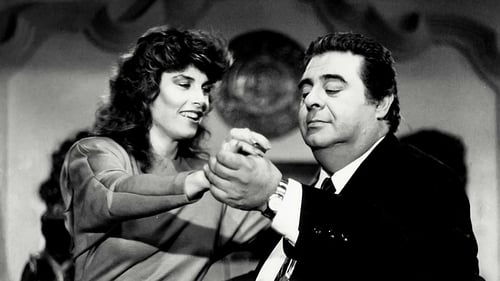
The story of a bandoneon-loving musician who works as a detective in a hotel and the story of a chemist in love with a widowed woman.

It tells the story of an almost perfect crime that happened in one of the most important circuses in the country, the Tihany Circus. Several are the suspects that will come to light, but only one is responsible for the murder of the important businessman. Only an old commissioner (Tincho Zabala) will be able to discover the real culprit.

Tota (niña)
Tells the story, in the key of comedy of customs, of a typical bourgeois home in Buenos Aires for three decades.

Público en kermese
















